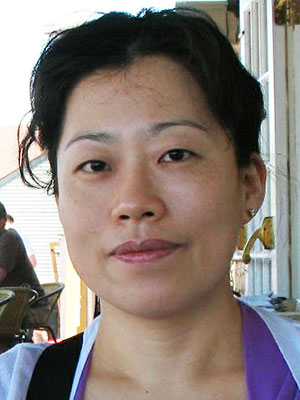
Hyejin Yoon
Education
PhD, Geography, The Ohio State University, 2008
MA, Geography, Dongguk University, South Korea, 1999
BA, Geography Education, Dongguk University, South Korea, 1996
Courses Taught
Geog 110 – The World: Peoples and Regions
Geog 115 – Introductory Economic Geography
Geog 213 – Geography of Asia
Geog 247 – Quantitative Analysis in Geography
Geog 600 – Perspectives on Geography
Global Studies 201 – Economics and Environment
Office Hours
T/R 11:00am-12:00pm or by appointment
Research and Teaching Interests
My research interests center on how economic and non-economic factors affect regional economic development and flows of labor, products and technology. I am particularly interested in investigating how non-economic factors, such as cultural background, ethnic differences, norms and institutions, can influence an individual firm’s location and behavior in various ways. My research interests are evolving towards differentiated strategies for regional economic development through co-operations among different agents, such as individual businesses, research institutions and local governments. In particular, my research specialties lie in transnational mobility of highly-educated people and cultural products under globalization (global supply chain, global value chain and global production network).